 |
| Source: Wikipedia |
The USA's worst-ranked TV network was about to fire the guy. Now they really wanna fire him. But, through a mix of corporate jargon and pragmatism, they put him back on the air.
Now that he's totally unhinged, the corporation touts him as "an angry prophet denouncing the hypocrisies of our times." He declares life "bullshit." He yells, "I'm mad as hell, and I'm not gonna take this anymore!" And all of America yells it with him.
Ratings rollercoaster, as the general public can't decide whether to gag on his caustic negativity or rally behind his sensational celebrity. It's a mixed message. A man gets up on television to tell millions of people that television is stupid and it's made them stupid and the whole world's stupid for lapping it up.
Meanwhile, a fast-talking lady in the programming department hijacks the rising star's intermittent success to forward her pet projects. She stops at nothing. Shout at the boss? Flatter morons? Seduce an old guy to leave his family and backstab his best friend? So long as it garners good ratings.
Even as the fresh-forged doomsayer preaches dehumanization and enslavement to the mighty dollar, it happens all around him.
The dialogue is eloquent, cutting, self-aware -- and utterly unrealistic. What remains is yelling. But what it lacks in verisimilitude it compensates in bitter satire of a corrupt industry pandering to the lowest common denominator.
It preaches that television deadens empathy, doles out cheap emotion, debases everything it touches. After this torrent of godless cynicism, I'm too emotionally drained to do anything but agree with the talking heads on the screen.
121 minutes.




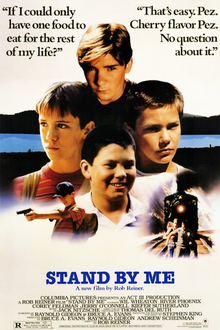
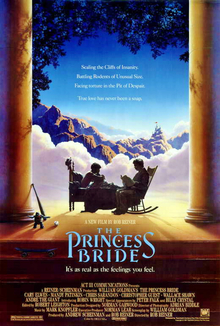

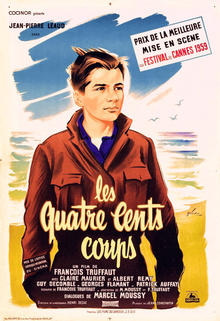




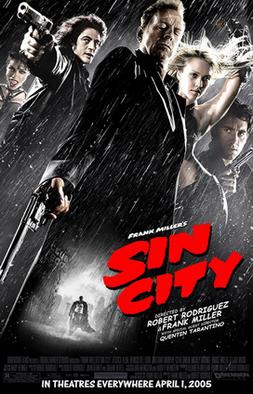







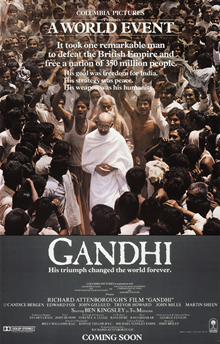






.jpg)
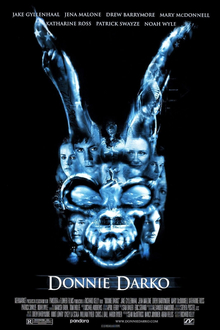

.jpg)